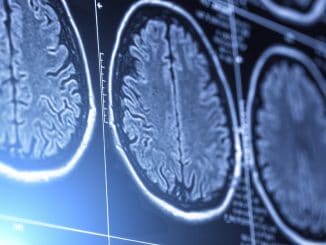
Study: Aerobic Fitness Shows Reduced Cardiometabolic Risk vs Strength Training
A new study published in the JAMA Open seems to show that those who possess greater aerobic fitness have less cardiometabolic risk as opposed to those who prioritize strength training.[1] The researchers involved in this study wanted to evaluate whether the metabolites associated with cardiometabolic risk were equally associated with both aerobic fitness and maximal muscular strength. The study involved many participants who were part of a military training exercise. The participants were split up into multiple groups – those with maximal aerobic fitness, those with minimal aerobic fitness, those with maximal strength (as demonstrated on the leg extension), and those with minimal strength. The researchers used metabolomics to study the metabolites present in the trainees blood stream. Metabolomics is [Read more …]

